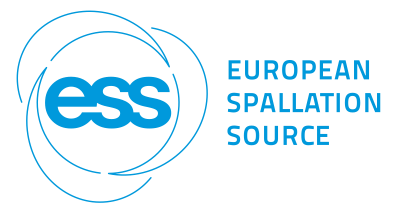Description
Henrich Frielinghaus
Forschungszentrum Jülich GmbH, Jülich Centre for Neutron Sciences at MLZ, Lichtenbergstrasse 1, 85747 Garching, Germany
The landscape of polymer research or soft matter science in general is moving towards (i) multi component, (ii) applied, and (iii) more complex. This means that many polymers that have been accessible through ionic polymerization have been studied well, and a large portion of understanding has been obtained. The demand for new polymers does not only arise from possible applications, but also from the general trend of increased complexity: The new polymers do not only self-assemble, but they might crystallize or may be semi-flexible. Such complications have been avoided for many studies so far, but they appear in more applied samples and have to be understood and tailored.
From the chemical aspect this also drives us towards new synthesis routes away from anionic polymerization, away from linear or sequential chain growth towards other polymerization and grafting techniques. It is highly possible that the new polymers are not well characterized in terms of degree of polymerization, polydispersity and/or chain length ratios anymore.
In this talk some situations of ongoing research are presented and their demands are developed and discussed. In organic solar cells, diblock copolymers serve for controlling the shape and size of donor and acceptor micro-domains. Very often, particles are embedded for various reasons. In microemulsions, amphiphilic polymers change their phase behavior. This might be beneficial for applications or open new scientific scenarios. Either way, the new systems deal with many components, the structures of which must be distinguished and analyzed. Specific deuteration is the demanded key technology, not only for selected polymer blocks, but also for many involved substances.
Author
Dr
Henrich Frielinghaus
(JCNS, Forschungszentrum Jülich GmbH)

